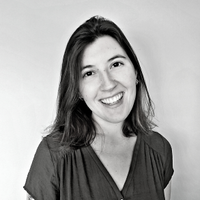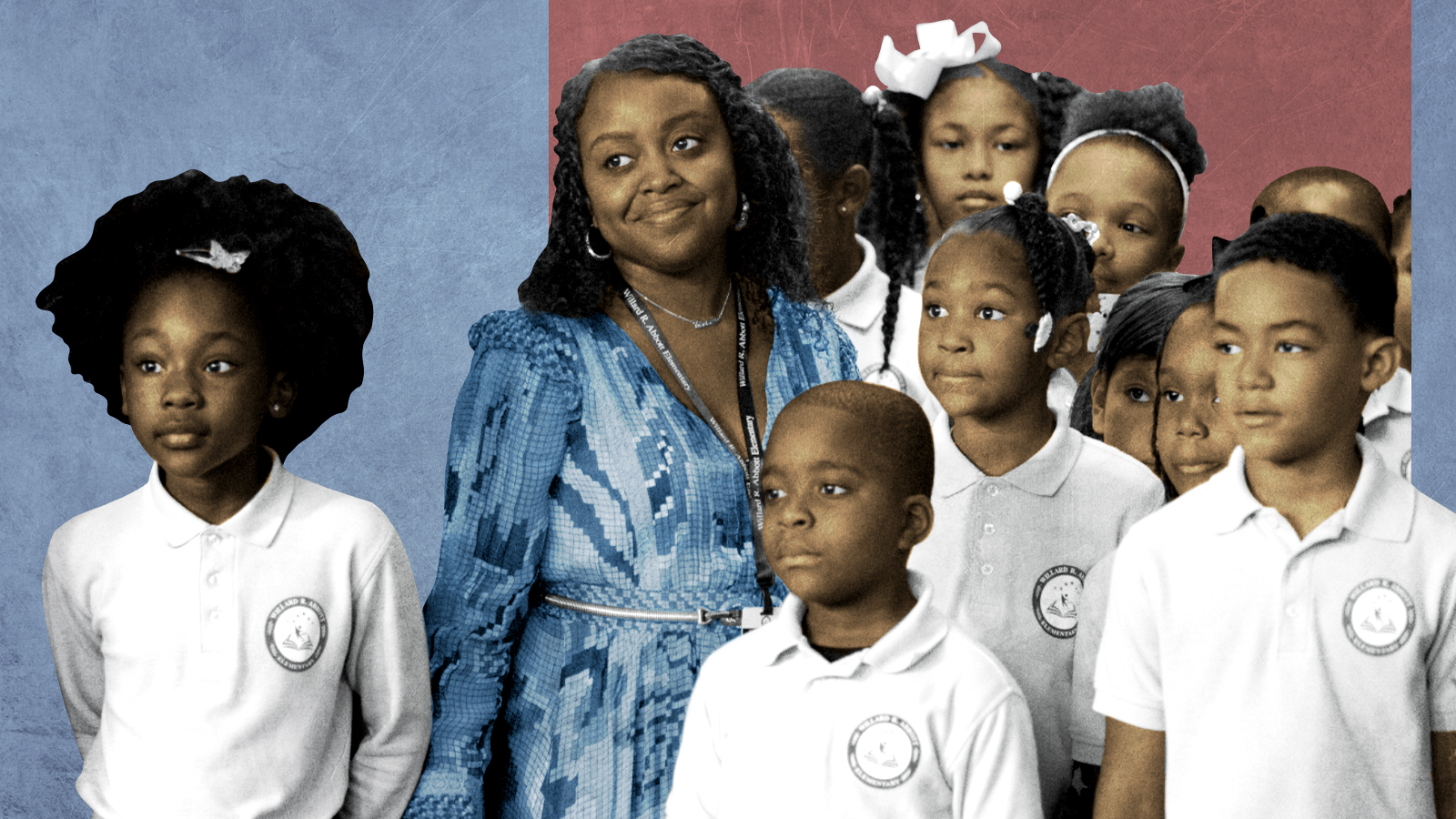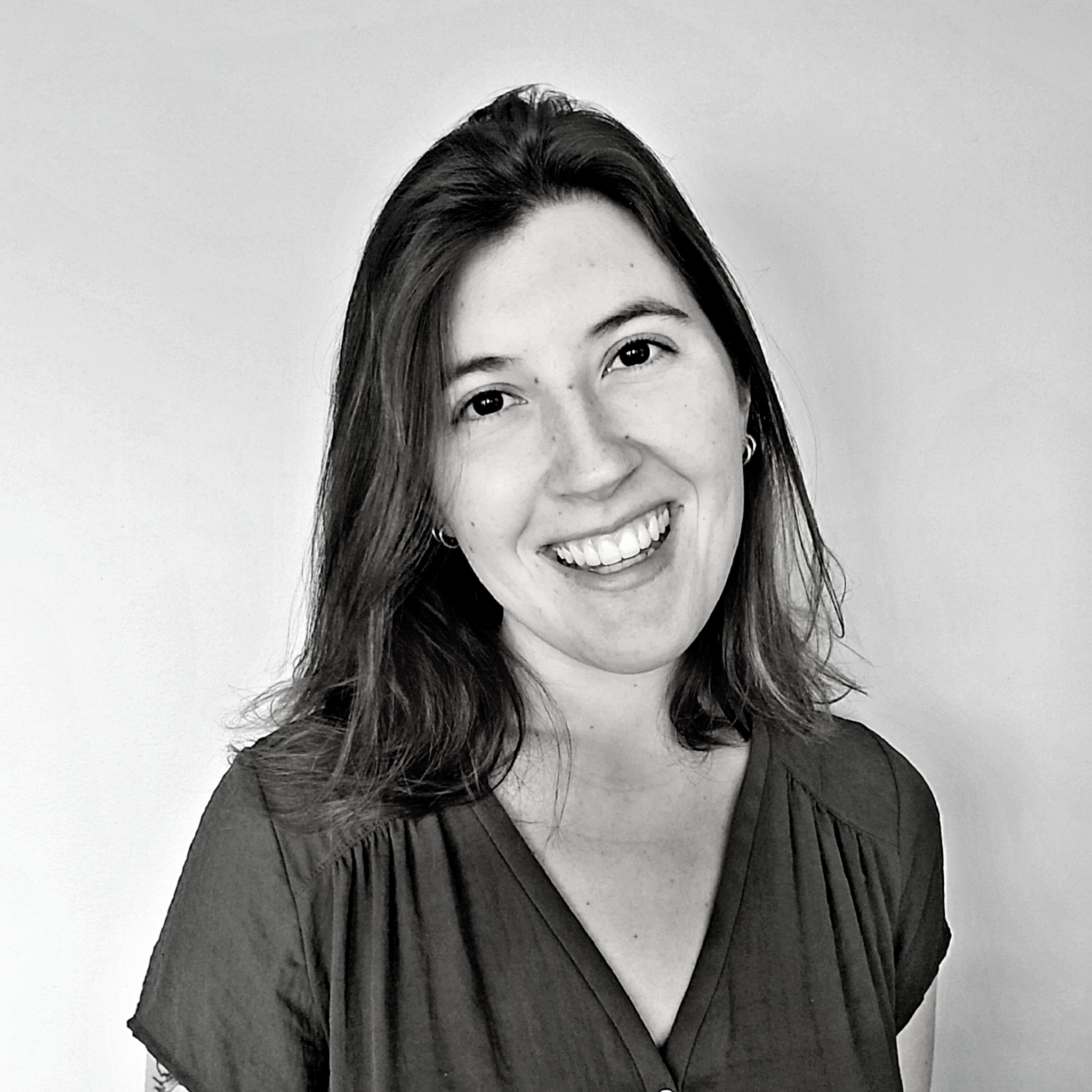The emotional whiplash of watching Abbott Elementary as an ex-teacher
I quit teaching. 'Abbott Elementary' makes me feel better about that decision — and worse.


I haven't taught in two years, but I still relive my worst days on the job. Every day, I think about how I could've done more for my students. Despite my residual guilt, though, I am happy I left the classroom. While teaching, my mental health suffered, and I didn't like who I was: angry, neurotic, and worn out.
Needless to say, when I saw that the workplace comedy Abbott Elementary was premiering on ABC last winter, I was intrigued yet scared. Telling the story of a Philadelphia public school and its dedicated teachers, the sitcom portrays inner-city, high-need schools with the accuracy and humor that is necessary when discussing the U.S. education system. However, I also fear the show — which airs its season finale tonight on ABC — may perpetuate the shame associated with leaving education.
A 2022 poll found that 55 percent of teachers planned to leave the profession sooner than originally planned. However, I'm not convinced that many teachers will actually leave. Teaching is a profession that often becomes integral to one's identity in such a way that it can feel like sacrificing a part of one's self to leave it behind. Abbott Elementary uses the same paralyzing rhetoric that educators often hear in real life and that romanticizes the job of teaching: It's a "calling." Do it "for the kids." Today, the shame of going against this "calling" still haunts me, as if the world is disappointed that I couldn't make it work.
The Week
Escape your echo chamber. Get the facts behind the news, plus analysis from multiple perspectives.

Sign up for The Week's Free Newsletters
From our morning news briefing to a weekly Good News Newsletter, get the best of The Week delivered directly to your inbox.
From our morning news briefing to a weekly Good News Newsletter, get the best of The Week delivered directly to your inbox.
But Abbott Elementary, to its credit, also acknowledges the importance of a teacher's well-being. In the series' pilot, veteran teachers consoled Janine — an idealistic dreamer played by the show's creator, Quinta Brunson — and affirmed that teachers can't do everything. The show also emphasizes the delicate work-life balance for teachers; if never figured out, burnout is unavoidable. Indeed, within the first two minutes of the first episode, a teacher leaves the school for unknown reasons.
Although the pandemic doesn't feature in the first season, watching Abbott Elementary in the context of our new reality pulls on a new heartstring and delivers an even stronger punch. The current and past two school years have been truly unique. Having left education in June 2020, I did not experience much of this new wave of teaching. But talking with friends and family members who are teachers, I hear about the worsened student behavior and miscommunication surrounding new protocols. Teachers are piling up reasons to leave — and optimistically, the sitcom may even provide validation, despite no references to the pandemic. Even as an ex-educator, it makes me feel heard and seen.
However, the show's emphasis on the godly dedication of teachers puts a burden on educators, too. Teachers already have enough on their plates; by showing up and leading classrooms, they advocate for children's right to a fair education on top of their other roles. Yes, of course teachers should be celebrated. But fixing the education system should not solely fall on their shoulders.
That's not the only idealized version of the classroom and educators found in Abbott Elementary. As I watched the "Student Transfer" episode, I was reminded of one of the core reasons I left education: comparing myself to others. Janine fixates on her reviews and compares herself to the other second-grade teachers, reminding me of the days when I measured my test results with those of other classrooms and questioned why I was frustrated when others seemed energized. Before I became a teacher, I underestimated the importance of self-esteem needed to lead a classroom. When colleagues told me I was a good teacher, I never believed them; I told myself I wasn't as good as the others, so that's what I went out to prove. Watching the show, I see the teacher I wanted to be. By showing what "good" teachers look like, Abbott Elementary makes it even more difficult for me to feel like I did the right thing by moving on. Forgetting my valid reasons for leaving; I ask myself, "What if I had stayed and tried harder?"
A free daily email with the biggest news stories of the day – and the best features from TheWeek.com
Abbott Elementary also does a beautiful, but unnuanced, job of featuring the importance of parent-teacher relationships. On the night of the school's open house, Janine waits for one parent who eventually arrives late. Watching the two come together to figure out what is best for the child, I was reminded of the one-of-a-kind and rewarding environment of schools. However, I also found myself jealous of Janine: It's easy for me to forget my many positive relationships with parents, but it's even easier to replay those moments when parents and I didn't agree or fully trust one another. Although heart-warming, the episode reinforced my belief that I was a bad teacher by idealizing this difficult and often frustrating component of a teacher's job. Most educators and parents are cooperative, but not all are. Significantly, such relationships cannot be boiled down to one perfect scenario.
I have yet to decide whether watching Abbott Elementary is therapeutic or triggering. The difficulty of revisiting the past hurts — I want to find peace with leaving education. However, I don't think I'll find solace until I know my students are alright.
But Abbott Elementary also reminds me that my impressions of the poor state of the U.S. education system weren't all in my head. The sitcom's creators have made a show that celebrates everyday superheroes, engages an American audience with a pressing issue, and makes us smile — all while validating teachers and not sidling away from the harder truths. Running a classroom is hard, and even a TV show can't make it look easy.
Rachel Harmon is a writer based outside Chicago. She is a graduate of Marquette University. Follow her on Instagram and Twitter.
-
 The battle over the Irish language in Northern Ireland
The battle over the Irish language in Northern IrelandUnder the Radar Popularity is soaring across Northern Ireland, but dual-language sign policies agitate division as unionists accuse nationalists of cultural erosion
-
 Villa Treville Positano: a glamorous sanctuary on the Amalfi Coast
Villa Treville Positano: a glamorous sanctuary on the Amalfi CoastThe Week Recommends Franco Zeffirelli’s former private estate is now one of Italy’s most exclusive hotels
-
 How roadkill is a surprising boon to scientific research
How roadkill is a surprising boon to scientific researchUnder the radar We can learn from animals without trapping and capturing them
